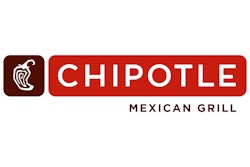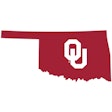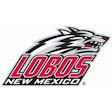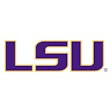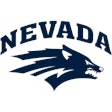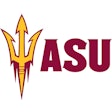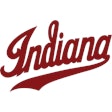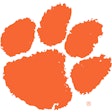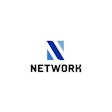Last year, COVID-19 sent shockwaves through the world of sports. No one imagined professional sports would come to a complete standstill, and loyal fans could never have imagined that sitting in front of their screens to watch former games from years gone by was all they would have to look forward to for the foreseeable future.
During the early days of the pandemic, with NCAA conferences, one after the other, cancelled their tournaments, and March Madness was called off for the first time in history. Other sports followed suit.
As a result, traditional advertising and marketing channels for reaching fans took a hit. According to SMI stats, national TV ad spending in 2020 on NCAA football, which had conferences delay their seasons until October or cancel them entirely, dropped 41 percent, and Major League Baseball saw a decrease of 40 percent.
The demand to connect with sports fans beyond the stands has greatly accelerated. During this unprecedented time, data is making a difference. Sports marketers are looking for ways to engage with fans digitally, regardless of where they are.
A recent survey and report from Deloitte, Redefining home-field advantage A game plan for enhancing fan engagement,points out that with the pandemic likely to remain a major challenge throughout 2021, “forward-looking organizations should consider a broad range of potential solutions, including monetization of data pertaining to fans, player and team performance, and sports betting; novel real estate plays and unique partnerships with technology companies to help elevate the fan experience.”
To help marketers better identify and reach sports consumers, businesses are leveraging data in a greater way than ever before and are also collaborating with providers, offering everything from AI and virtual reality capabilities to the cloud, analytics, wearables, and drones. Solutions they say can elevate both the fan experience and the ability to gain the insight needed to better personalize their offerings.
Last April, the National Basketball Association (NBA) and Microsoft Corp. announced a new multiyear alliance. As part of the collaboration, beginning with the 2020-21 NBA season, Microsoft is now the Official Artificial Intelligence Partner and an Official Cloud and Laptop Partner for the NBA, Women’s National Basketball Association (WNBA), NBA G League, and USA Basketball.
Using first-party sports audience data assets gives sports marketers, teams, and other businesses the ability to tap into highly engaged fans during peak times. As was the case with the Super Bowl, large consumer packaged goods and automobile brands were able to message fans directly and more efficiently since data is more readily available across multiple touch points, offering the insights these businesses need.
According to Deloitte, among all fans of all major sports, respondents who engage with their teams outside of watching games spend more than four times as much as fans who don’t.
To maximize engagement and increase sales conversions among this highly desirable audience, sports marketers that want to be competitive must leverage effective strategies and programs that are personalized according to unique purchasing and viewing behaviors, as well as other factors such as location and mobile app usage.
Only after taking cues from these and other data points will teams and leagues be able to overcome the challenges posed by the pandemic and understand fully how to reap the rewards of online engagement.
The key in 2021 will be to use the data to answer the following questions:
- What other digital experiences can you offer?
- How can you better drive loyalty with each fan interaction?
- How can you create year-round opportunities and continue to improve the customer experience?
With a majority of arenas and stadiums no longer allowing fans to attend games, reaching fans of all ages is a challenge. Data assets that enable marketers to directly reach coveted in-market, highly engaged sports fans will not only make a difference in the year to come, but will be essential for survival as well as success.
Nick Jordan is founder and CEO of Narrative I/O



















